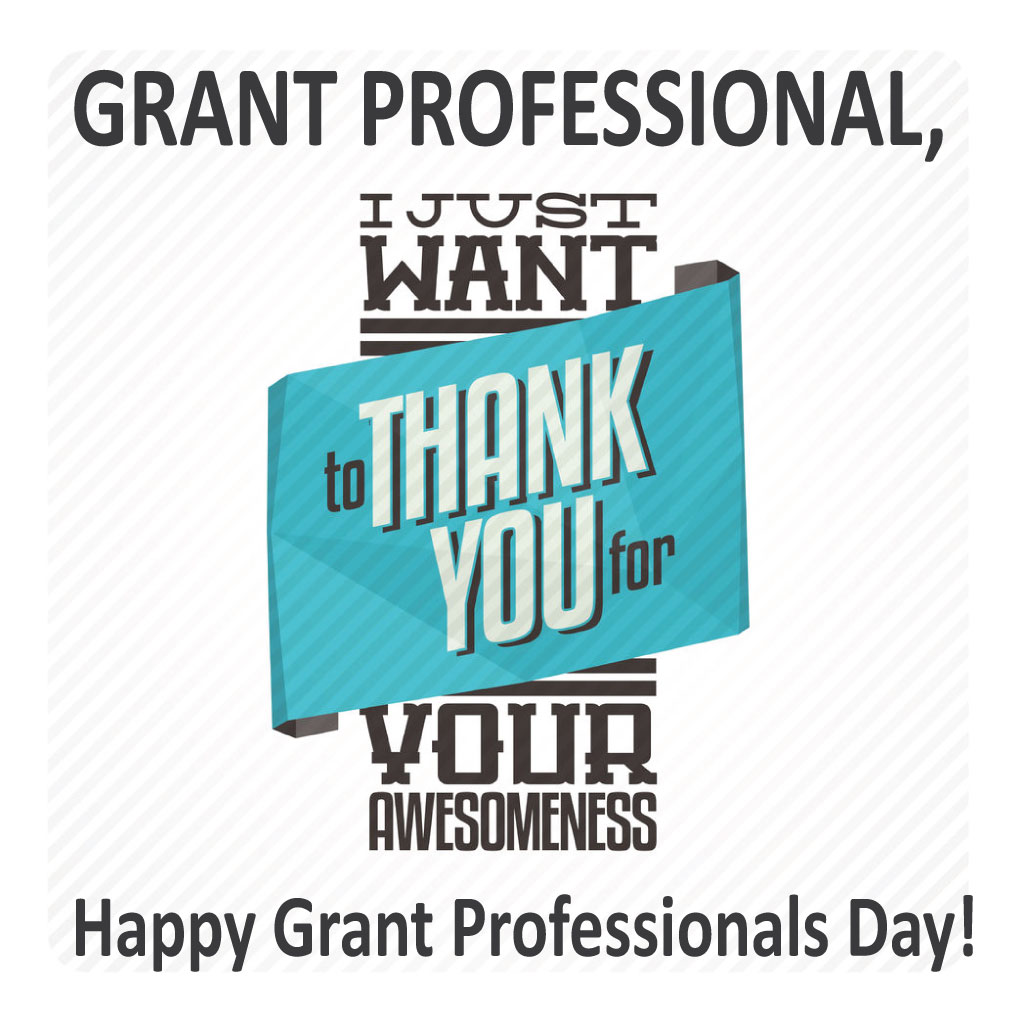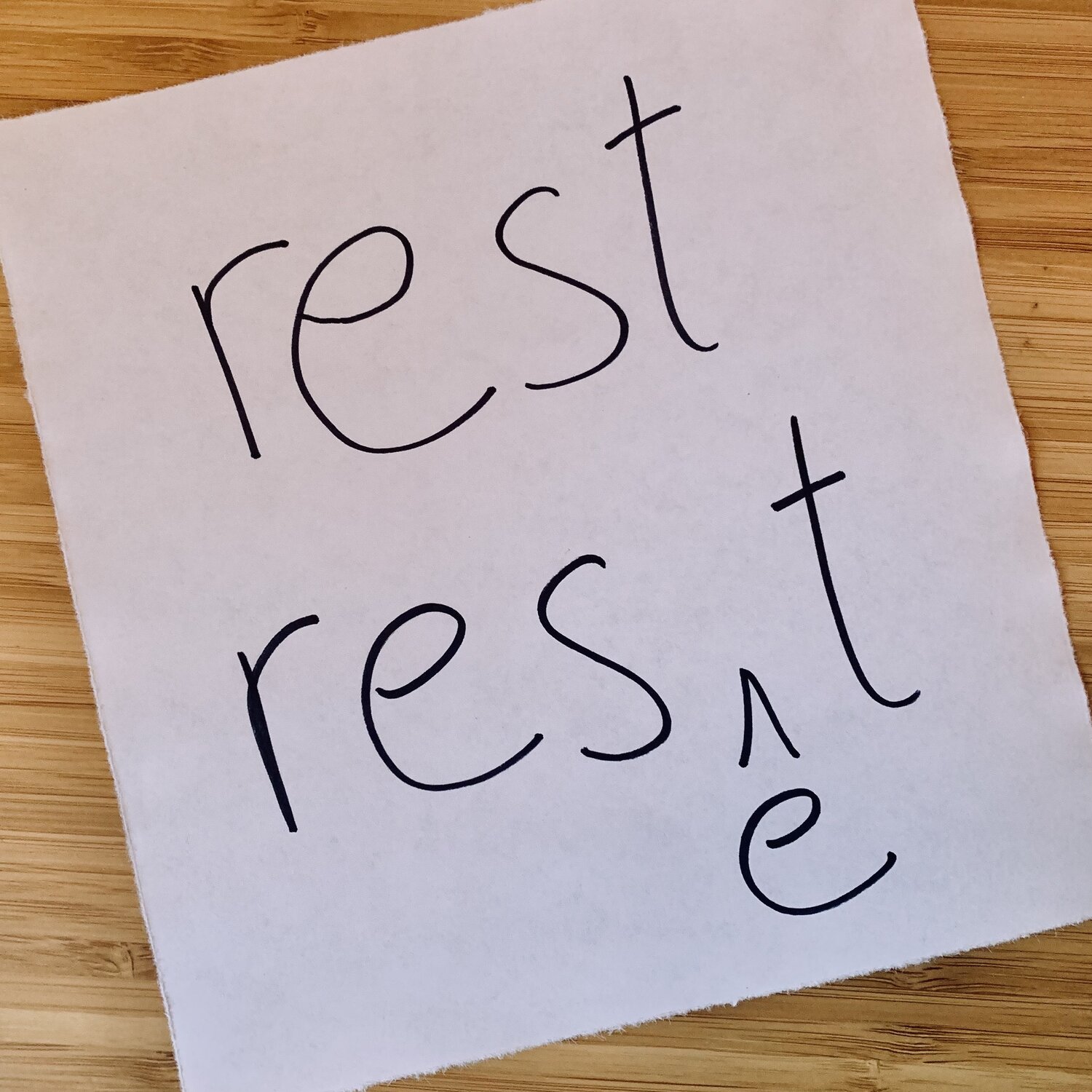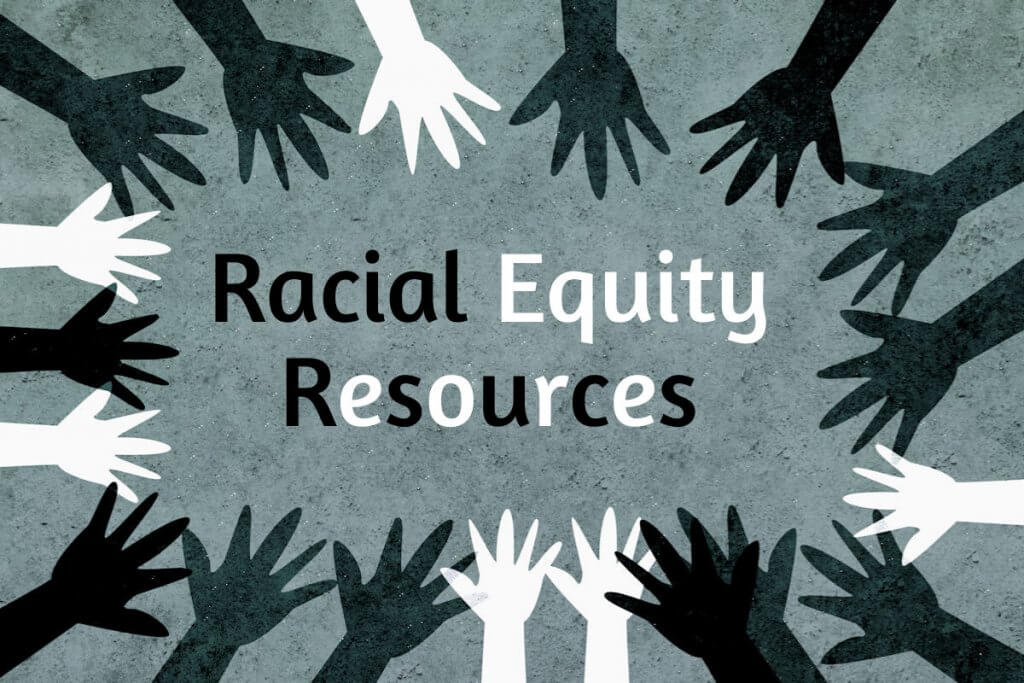24 Jun Advancing Knowledge: Knowing your “Why” by Kellie Brungard, GPC
Posted at 17:08h
in Competency Seven, GPC Credential, Grants Management, Kellie Brunguard, Professional Development, Professionalism
Have you ever stopped to consider the reasons why you sign up for webinars, attain or continue to maintain your grant professional certification (GPC), or set out to learn an entirely new skill set (like project management)? For some, an employer prioritizes professional development and encourages developing a training plan. Perhaps your certification or licensure requires continuing education. Do you ever feel like you are taking action (e.g., attending workshops or reading professional articles) but it’s not adding up? Are you missing a sense of accomplishment? Actions without a bigger picture may seem productive in the short term, but they may not connect with your larger goals or leave you feeling like you haven’t made progress. Identifying your “why” may be the missing piece.









